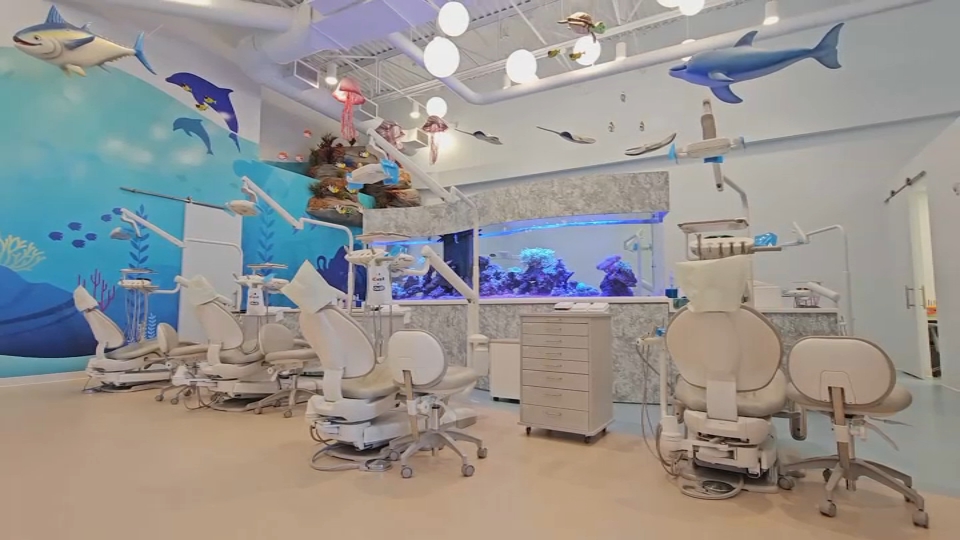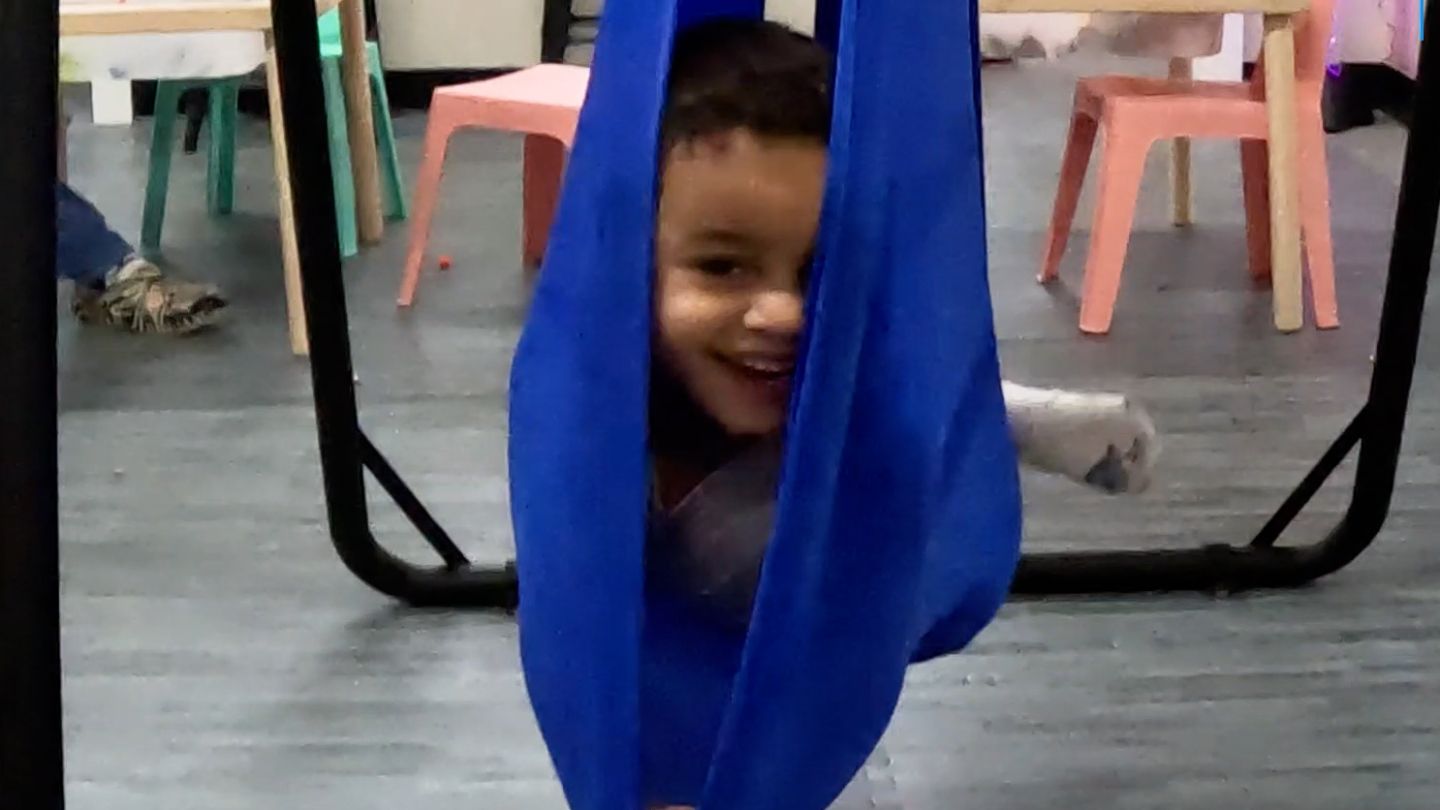As we enter mental Health Awareness Month, we’re checking a population that’s not only just immune to its own mental health struggles.
Lindsay Demers holds a PhD. and a role as assistant professor of medicine at Boston University.
As the director of the Education Evaluation Core, she studies the effectiveness of education interventions in medical schools. Then she needed to stage her own workplace intervention.
She says things started to change in 2021 and 2022 when she disclosed an invisible disability and requested accommodations. Lindsay was diagnosed with autism in 2020. She found a way to successfully manage her workday after asking for and receiving accommodations.
But despite working at an esteemed university with its own research in this field, she felt unheard.
"It wasn't until I started to become more vocal, about kind of equality and accessibility that I noticed, a few key people that I worked alongside really kind of having outdated views," she said.
She says she tried to engage in constructive conversations. When that didn’t work, she went to superiors and the institution’s equal opportunity office.
She later filed a claim with the Massachusetts Commission Against Discrimination, or MCAD, a free resource for anyone who feels they have been discriminated against.
In her complaint, she named a comment that a supervisor made about disabled individuals, saying they were unreliable and could not be trusted to get the job done.
“I don't think this person has malintent,” she said, “but just that they have a really internalized sense of the medical model of disability, which really looks at disability as, a problem that needs to be cured.”
Lindsay also alleged retaliation after disclosing her disability. Boston University’s Equal Opportunity Office later concluded there was insufficient evidence of discrimination because her employment and pay were not affected.
“When I arrive in Boston. So that was with the framework I where I've kind of like, okay, this is the place I really want to be trained,” said Jonas Attilus. He started his medical education at Boston Medical Center where his experience turned sour quickly. “There was that sense of you don't understand things because you don't speak English enough or you don't understand things because your accent is too strong... I would say most of the things that were kind of like, part of my identity, they're kind of like being used against me.”
Jonas, a Haitian immigrant, who deals with an anxiety and PTSD diagnosis, says he was put in positions where his anxiety would create physical reactions. He ultimately left the program, without filing any complaints.
“My observation is that in institutions where there are a lot of, PhDs and etc. in the titles and so on, that the discrimination is at least as rampant,” said attorney Robert Hernandez. He works with the Mental Health Legal Advisors Committee. He says people who request accommodations are protected under Massachusetts law.
But coming forward is not easy and many don’t.
Of those who requested workplace accommodations, only half actually got them.
The study also found the mental health of those respondents was poor, with high rates of suicidal ideation, especially when autism was viewed as a disorder.
“Generally, in our top three of complaints that are filed or at the MCAD are complaints of discrimination based on disability. And those have started to climb within the last, you know, past year, few years,” said Michael Memmolo, the new executive director of the Massachusetts Commission Against Discrimination.
MCAD reports mental health claims dropped during the pandemic, last year they rose to 203, from 133 the previous year. Lindsay’s claim has not been resolved yet. “I came forward because my concern really extends beyond my experience,” she said.
But when asked if this problem is exclusive to the university, she said “I think this is an everywhere problem."
“And I think that I'm most discouraged because of the setting that I'm in, because I'm in a medical setting that sees a lot of vulnerable patients. I would think that there would be a little bit more understanding.”
Boston University could not offer specific comments to our story but did refer us to their equal opportunity office whose mission is to “uphold equal opportunity principles throughout the university community, fostering an environment where faculty, staff, and students can engage in work and study free from unlawful harassment, discrimination, or access barriers.”
Boston Medical Center tells us, “The mental health and wellbeing of our patients, employees, residents, fellows, attending physicians, and advanced practice providers are top priorities.”
MCAD will investigate a complaint and determine if there’s been discrimination, remedies include compensation for lost wages and mediation services.




